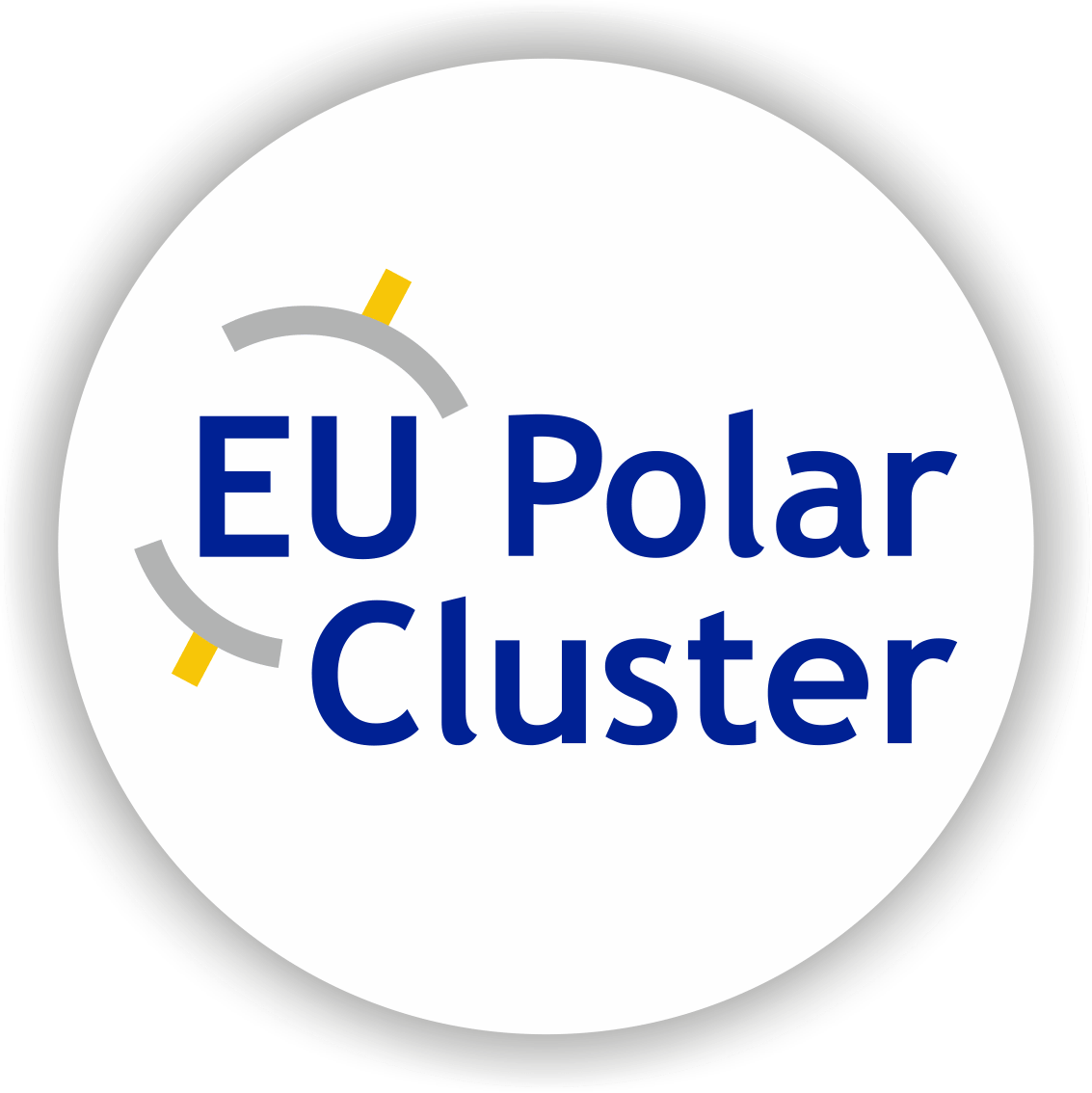Scroll down for the event’s photogallery
On 11 and 12 October, EuroGOOS, EMODnet and three partners of the EU COLUMBUS project, SmartBay Ireland, Marine South East, UK, and PLOCAN, Spain, had a successful marine data brokerage event for Small and Medium-sized Enterprises (SMEs). The workshop titled ‘Power of open marine data for the blue economy’ took place as part of A Connected Ocean Conference and SeaTech Week 2016 in Brest, France.
Publicly available marine data resources offer a great potential for SMEs to create value-added products and services for their customers. The workshop aimed at linking with some of those SMEs as well as other users working on the public-private interface, and collecting their feedback on experiences, needs, bottlenecks, and suggestions for improvements.
The workshop was organized within the framework of the EU Horizon 2020 COLUMBUS project. COLUMBUS works to bridge the gap between the knowledge and information collected through EU projects and concrete applications for Blue Growth sectors. The engagement of the industrial users of marine data has been identified as a priority by the COLUMBUS Marine Observation Competence Node, bringing together EuroGOOS, NOC, UK, VLIZ, Belgium, and Marine South East, UK, with the node coordination by Seascape Consultants, UK.
It has been recognized that making public marine data available to private sector will drive forward innovation and competition. The EU Member States and European institutions fund a large number of ocean observing research and infrastructure activities to derive marine data for various science, policy, and society needs. It has been estimated that making high-quality marine data held by public bodies in the EU widely available would improve productivity by over €1 billion a year (EC Roadmap for Marine Knowledge 2020).
The workshop included a mixture of open-floor discussions and presentations involving both EU marine data community, EuroGOOS, EMODnet, Copernicus Marine Service (CMEMS), private sector, Open Ocean, France, dotOcean, Belgium, as well as the EU AtlantOS project, French maritime cluster Mer Bretagne Atlantique, and St. Lawrence Global Observatory, Canada.
A number of European initiatives have been harvesting marine data collected by publicly-funded national and pan-European initiatives. Commonly called data aggregators, these initiatives include, among others, CMEMS, EMODnet, and SeaDataNet. Much progress has been made over the last years in helping users to become informed about the data available, visualize these data, download them in required geographical location and format, and acquire the metadata for the required dataset. However, a number of bottlenecks still exist, spanning data availability, quality, user-friendly format and web services.
In addition, to the abovementioned issues, the workshop further demonstrated that the role of SMEs is critical as intermediaries in the marine data value chain – acting on the interface between the public marine data resources and industrial end-users. SMEs know their clients much better than the public data initiatives, and can orient them to look for required information, or create bespoke value-added products for their users’ specific needs. This is why SMEs are very well placed to advise public marine data initiatives, like EMODnet and CMEMS, on ways to improve their service.
The issue of confidentiality was also discussed at the workshop. While competition will automatically entail restrictions on opening data, progress may be achieved through sharing a very broad range of data and making a distinction between ‘strategic’ and ‘non-strategic’ data (for example, sea temperature data). Promotion and recognition of open data are also critical to attract more data from private companies into the open repositories, this can be achieved through the recognition of the companies’ corporate responsibility, for instance. Another idea which arose from the workshop is for public and private initiatives to co-write papers together. This would allow them both gain from having a publication while the data would be made available with a Digital Object Identifier (DOI).
It was re-emphasized that brokerage is important for gaining trust and understanding among public and private partners, and promoting a data sharing philosophy. This should also take into account the development of business models and openness to speak the same language. The role of maritime clusters was stressed in this respect. Finally, data discovery should be made attractive with user-friendly and efficient interface.
The workshop report will be shortly available on our website.
For further information on the workshop, please visit the workshop webpage
The post Open-access marine data: An untapped resource – Summary of SeaTech-COLUMBUS workshop for SMEs appeared first on EuroGOOS.


















